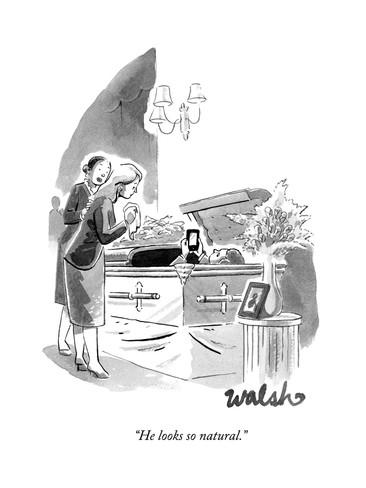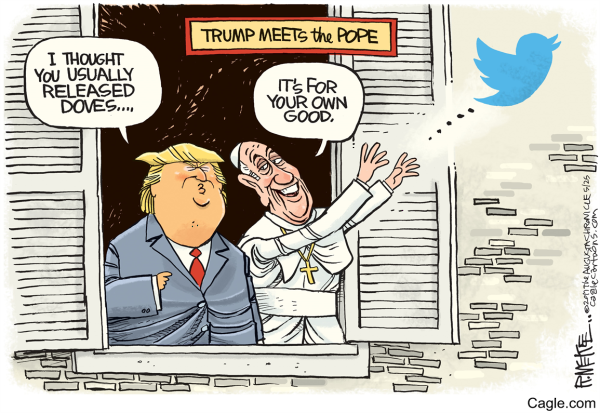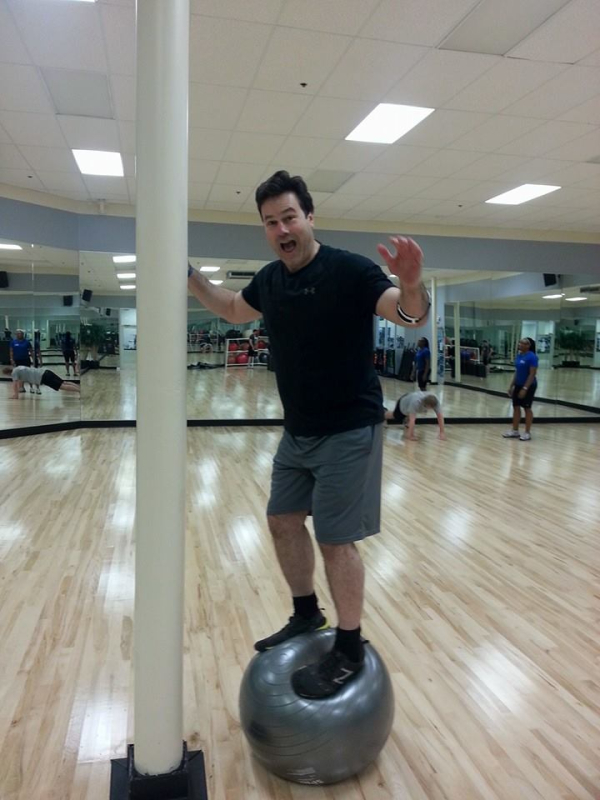 Is How You Do Something … How You Do Everything?
Is How You Do Something … How You Do Everything?
I think so. To make the point, let me start with a brief story.
I was at the gym and getting pretty close to the end of my workout.
Frankly, I was at a point where being done was way more attractive than the option of doing additional exercise.
Over time, I've developed many habits and beliefs that focus on finding best next step -or a way to do just a little bit more. So this time, I used reverse-counting to help me finish that workout strong.
I started with 10 push-ups. I know I can do 10 push-ups, even at the end of a hard workout. Without putting my knees down, I can rest in plank position for a moment or two … then I do nine more push-ups. That has to be easier than 10, right? Then eight more … seven … six. You get the point.
Each set is a little bit harder than the one before; but mentally I'm prepared for it, and can convince myself that I'm so much closer to the goal.
So I get to three, and sweat is dripping off my nose, my arms are shaking, and my hips want to sway. Somehow knowing that there's only two more sets, then only one more, allows me to finish.
That story could have been about creating profitable trading systems, developing a new database, or recovering from a set-back. It's about finding a way, regardless of external circumstances.
Finding a Way to Do Just a Little Bit More.
There are many times that it seems easier to do nothing, or to give up. That's just not my nature. It's not in my "nurture" either.
My father used to say that the secret to success was getting up. What he meant was that if someone knocked you down 10 times, then the secret to success was getting up 11 times. And if someone knocked you down another time, then the secret was to get up 12 times. There's a lot of truth in that.
I laugh when I think of all the little things I do that condition me to take the best next step. Here are a few examples of small things that help define that mindset.
- I never stop reading until I finish a chapter.
- Also, when I play a strategy game on my iPhone, I never stop until I win.
- And, when I play a strategy game that I'm good at, I never stop until I achieve a certain score.
It doesn't matter if I'm frustrated or tired. I find a way. Each of these things, in its own small way, helps condition me to know that I can do anything I commit to do. Ultimately, what that means is that regardless of what happens, my outcome depends most on what I choose to do.
Sometimes these habits seem silly, quirky, or even a little bit OCD to me. Yet, they serve me.
Many benefits come from knowing that the game's not over until you say it is … or until you win.
Moreover, it's comforting to know that there's always a best next step, or at least a different perspective that will create new opportunities and possibilities.
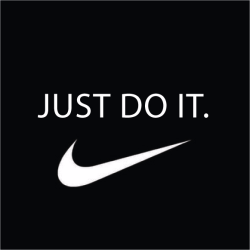 I tend to take that perspective in business as well. We focus on the progress we're making, and what that makes possible, rather than how far we are from the ultimate goal. Why? Because as we continue to make progress, the things we shoot for are bigger and farther away. Focusing there would always show a shortfall. Obstacles and set-backs become the raw material for new growth, ideas and strategies. The trick is getting back up, isn't it?
I tend to take that perspective in business as well. We focus on the progress we're making, and what that makes possible, rather than how far we are from the ultimate goal. Why? Because as we continue to make progress, the things we shoot for are bigger and farther away. Focusing there would always show a shortfall. Obstacles and set-backs become the raw material for new growth, ideas and strategies. The trick is getting back up, isn't it?
Sometimes the best advice is simple. Nike got it right in their ad … Just Do It.
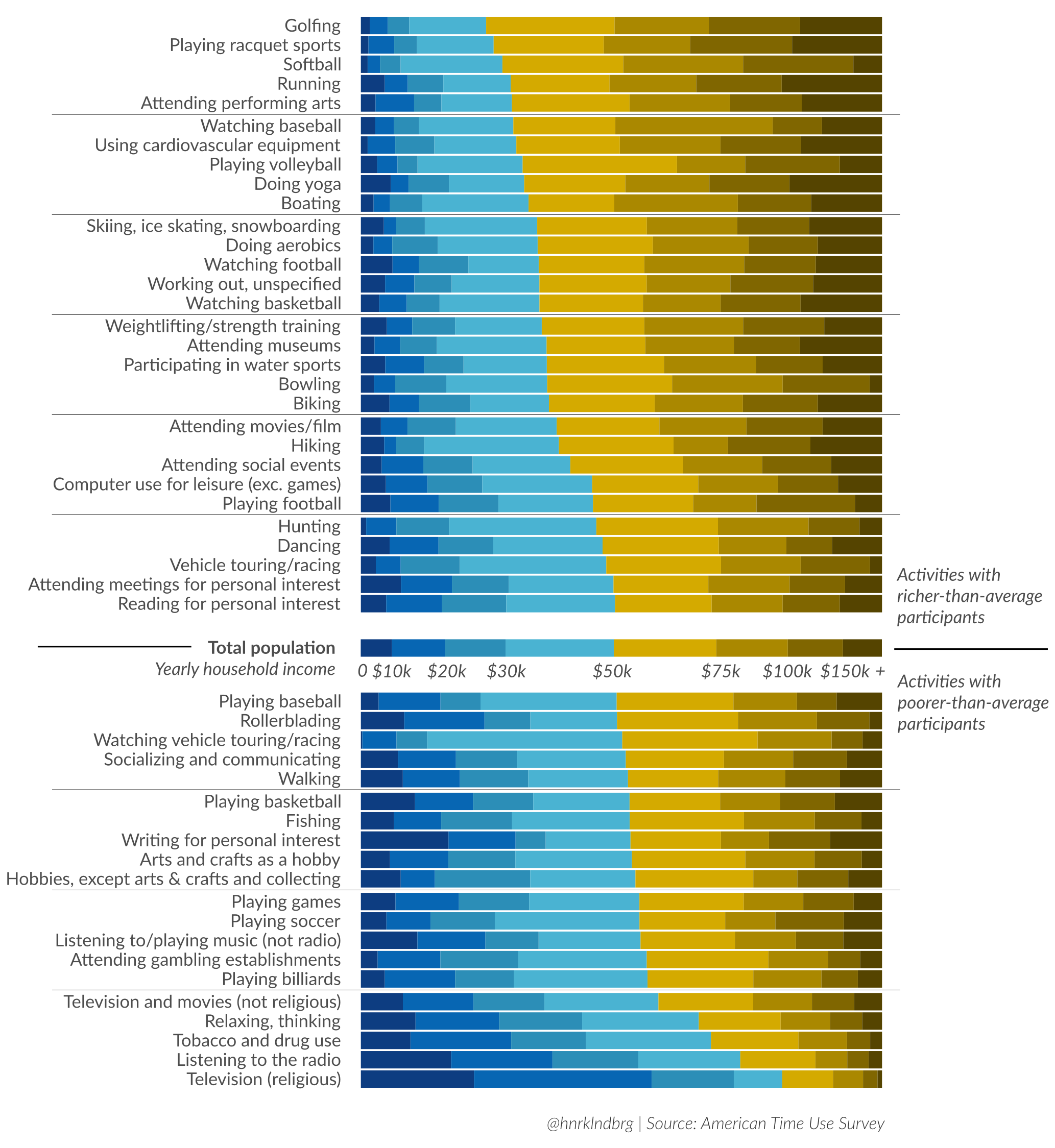

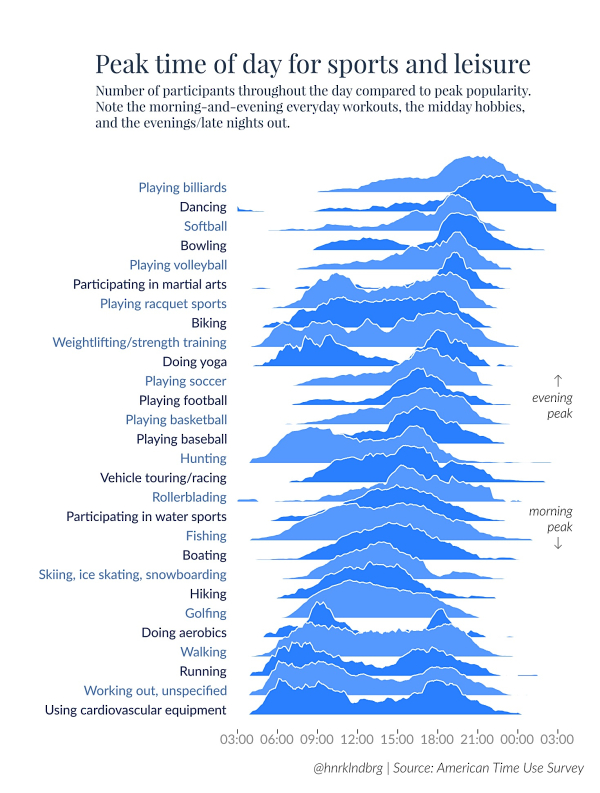
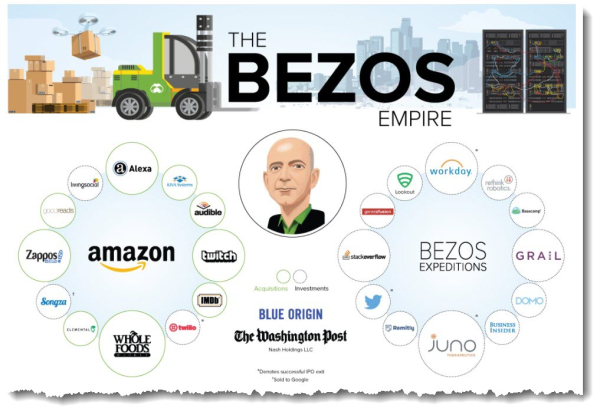

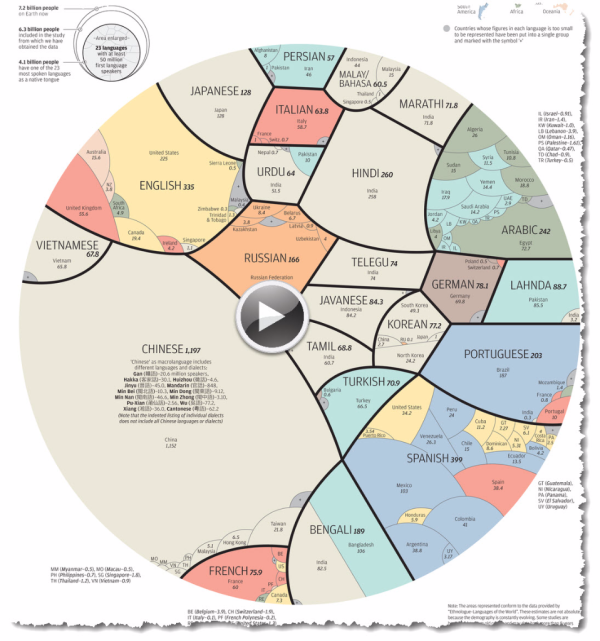
 Is How You Do Something … How You Do Everything?
Is How You Do Something … How You Do Everything?

